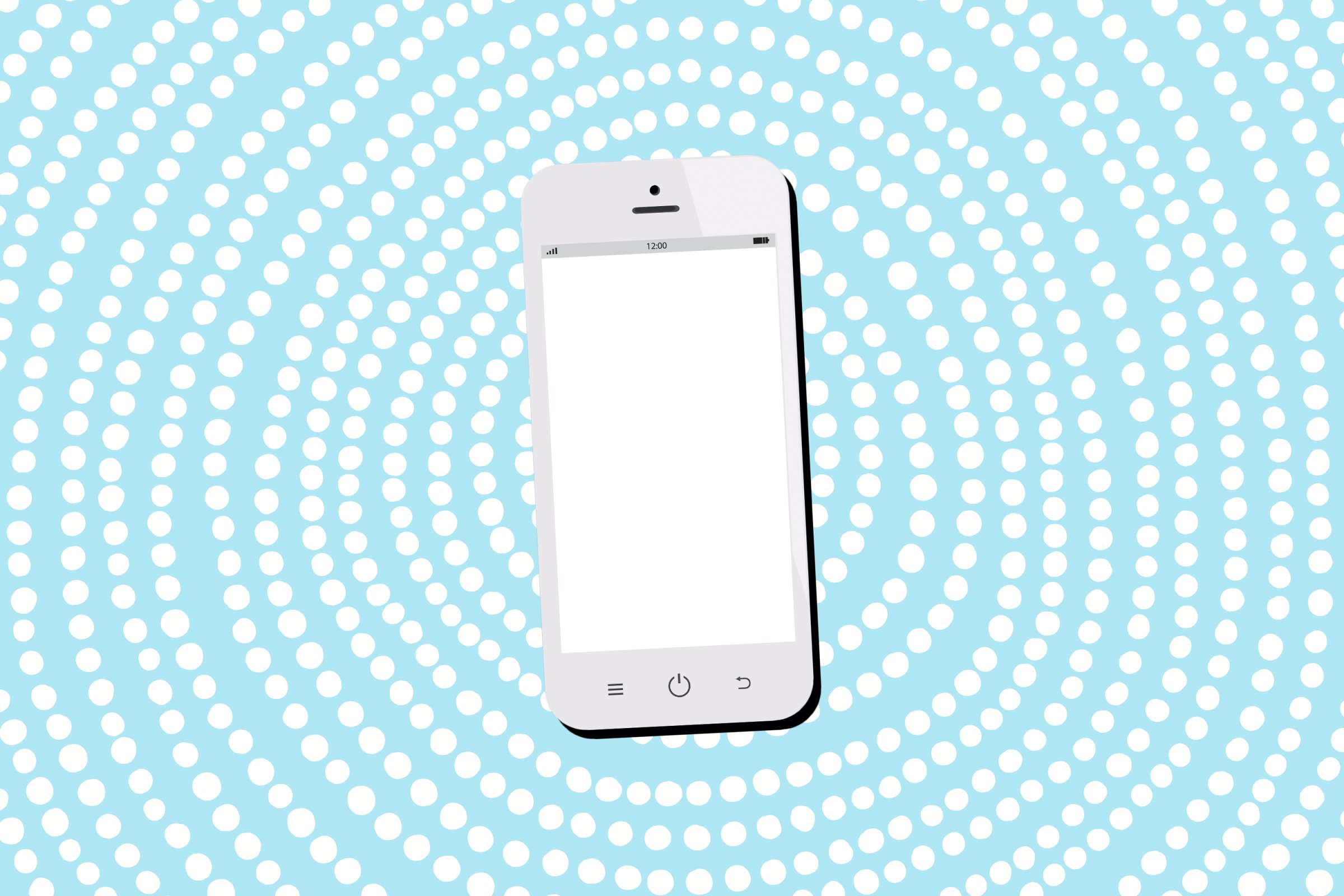
You check it in the bathroom. You check it at the movies. You check it when you’re having dinner with your friends. But you wouldn’t say you’re addicted—and most experts would agree with you.
“Only a small percentage of people qualify as addicted,” says Dr. David Greenfield, assistant clinical professor of psychiatry at the University of Connecticut and founder of the Center for Internet and Technology Addiction. “But many people overuse their smartphones.”
The line between overuse and addiction is gray. But Greenfield says you’re moving into addiction territory when you can’t stop using your phone even when it’s harming your life. Whether you’re in a work meeting or behind the wheel, “if you can’t help being on it even when you know you shouldn’t be, that loss of control is the hallmark of an addiction,” he says.
Dr. James Roberts is a professor of marketing at Baylor University and author of Too Much of a Good Thing, a book about smartphone addiction. He agrees with Greenfield’s definition, and lists a few more warning signs. Withdrawal is a big one. If you feel anxious, irritable, or uncomfortable when your phone isn’t within reach, that’s a red flag, he says. And if you seem to be on your phone more and more, that ever-increasing desire for a “dose” of smartphone is akin to substance abusers who build up tolerance to drugs or alcohol, he says.
If all this is making you roll your eyes—after all, what’s the big deal about checking Facebook or sending a few texts?—new research may make you reconsider.
MORE: Your Smartphone Knows If You’re Depressed
You’ve probably seen the reports on how your phone’s blue light can mess with your sleep, or how spending time on social media could make you depressed. But there’s broader research that suggests constant access to the Internet may be rewiring our brains in potentially harmful ways.
People’s attention spans are getting shorter, and smartphone alerts disrupt our already weakened ability to focus, suggests new research from Florida State University.
For example, if you receive a text while reading this article, checking the text may only take a second. But having to back up the thread of what you’re reading—and think about how you’ll reply to the text later—weaken the ability to concentrate.
More research suggests people who spend lots of time on their phones are distracted every few seconds by the impulse to check their device, even when they haven’t received an alert or notification. And just looking at your email is enough to stress you out, finds a study from University of California, Irvine.
For these and lots of other reasons, people who study smartphone habits say we’re crossing the line from using our cell phones to being used by them. Greenfield says these compulsive behaviors stem from the way our phones—and, more specifically, the Internet—fire up our brains’ reward pathways.
Referring to the Internet as “the world’s largest slot machine,” Greenfield says the fact that we don’t know what we’ll find when we check our email, or visit our favorite social site, creates excitement and anticipation. This leads to a small burst of pleasure chemicals in our brains, which drive us to use our phones more and more.
“Not knowing what we’ll find when we go online gives you the addiction and pushes you to keep going back,” he says. “Something good could happen at any second.”
What should you do about it? Roberts says you goal should be to find your digital sweet spot. “That’s the place where you call the shots instead of your smartphone,” he says. To get there, your first step is being aware of your own phone habits. Estimate how much time you spend on it each day. Then download any one of the many free smartphone-usage trackers available through your phone’s app store. This will give you a baseline and provide some insights into where you spend most of your time, Greenfield says.
Your next step is to cut back your usage. Start with whatever site, program or app takes up most of your time, Roberts says. If you’re spending two hours a day on Facebook, try to cut that down to an hour or less. At the same time, Greenfield suggests turning off all notifications that aren’t urgent. You don’t need a beep or buzz every time you get an email, or whenever your friends include you in a Facebook post.
Both Roberts and Greenfield also suggest establishing phone-free times and zones. Maybe that’s at the dinner table or during the two-hour stretch of the morning when you’re always super busy. Your bedroom should also be one of those cell-free zones. “Buy an alarm clock,” Greenfield says. “Nothing good comes from keeping your phone next to your bed.”
“Remember, it’s a good thing to be idle sometimes,” he adds. Your brain needs time to wander once in a while, without the siren song of a cell phone.
More Must-Reads from TIME
- Cybersecurity Experts Are Sounding the Alarm on DOGE
- Meet the 2025 Women of the Year
- The Harsh Truth About Disability Inclusion
- Why Do More Young Adults Have Cancer?
- Colman Domingo Leads With Radical Love
- How to Get Better at Doing Things Alone
- Michelle Zauner Stares Down the Darkness
Contact us at letters@time.com